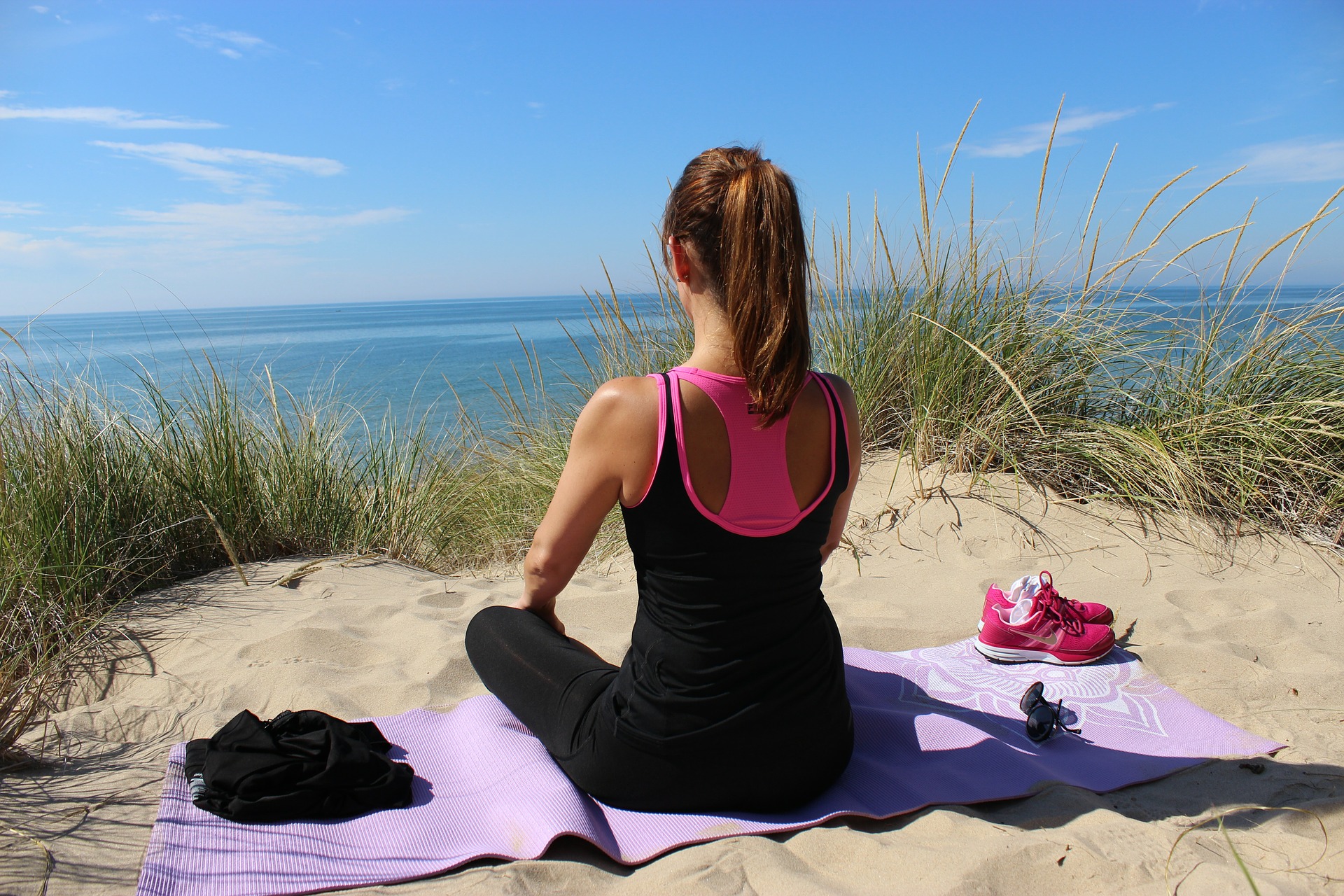I have become a bit of a cheerleader for practice of meditation over the last few years.
Mindfulness and Meditation have become buzz words, but many people still misunderstand what they really are.
Recently I was reading an article with the click baity headline “I meditated every day for 30 days, and here’s what happened”. In it the author described how she committed to a 10 minute meditation and found herself fidgeting, peeking through her eyelids and getting very bored.
And that is exactly why I think everyone should try meditation.
There are so many demands on our attention during the day. The average person spends over 10 hours a day looking at a screen of some kind, information is shared in 30 second chunks, we multi-task; checking our bank balance while we cook dinner and updating Facebook while we watch Eastenders. Meditation can help improve focus, increase mental clarity and help us find the ability to get a bit of stillness into our busy minds.

One of the reasons that meditation works so well for anxiety isn’t that it’s relaxing, it’s that with practice it can teach you to allow irrelevant and unhelpful thoughts to pass you by.
I started using meditation as a tool to deal with anxiety many years ago. I then went back to it when I started Roller Derby. It helped teach me mental resilience, to put things that had gone badly immediately out of my head, to stay in the present and focus on the task at hand.
The busier life is the more important it can be to find the time to meditate, and practice finding clarity and stillness. Many people say they can’t meditate, that sitting still and not being busy makes their mind more anxious, but these are exactly the reasons that meditation can be beneficial. Meditation is a practice, it’s working a mental muscle. We don’t expect to turn up in the gym on day 1 and do 100kg squats, and so we shouldn’t expect to sit down for our first 10 minute meditation session and stay focused for the whole thing.
Meditation can be relaxing, but meditation isn’t about relaxation. It’s not about controlling your thoughts, but more about not letting your thoughts control you. You can’t “fail” at meditation. If you sit down and find your mind wandering then it’s about practising regaining your focus, and the more your mind wanders, the more opportunities to practice that skill you have.
Meditation is simply about being aware. Aware of your body, aware of your mind, and aware of your surroundings. (This is a wonderful interview with a Buddhist Psychologist about mindful meditation.)

Meditation can help with focus and managing your arousal levels in sports, especially fast paced sports where you need to regain focus fast. Again, it’s not necessarily about staying calm, it’s about finding that right state of mind that allows you perform at your best.
It can help you deal with chronic pain and anxiety by helping you learn not to focus on negative thoughts and feelings.
It can also help you focus at work, get stuff done quicker and then go home early (or get a pay rise for being so damn efficient.)
So. If I’ve sold you on the benefits of meditation, here are a few meditation apps that it’s worth trying to start with.
Headspace
Headspace is a subscription app with a free introductory program. I have been a paid subscription member in the past, and I think it is worth it. The app includes one off single meditations, as well as series designed to help with everything from Sports performance to Self Esteem and happiness.
Calm
Calm is another subscription app that I am currently a full member of. It also includes a free foundations series, as well as a free tools for less guided meditations, such as timed breathing.
It doesn’t contain any sports specific programs, focusing more on stress, anxiety and self esteem. What it does have, that Headspace doesn’t, is some excellent sleep functions, including a selection of nice relaxing bed time stories including episodes of the Shipping Forecast and Ferris Buellers Teacher.
Lucid Mental Training
Lucid Mental Training is an app specifically designed for athletes and sports people, but can also easily be used by anyone with a performance focus, such as actors.
It is subscription based, but there is a free subscription if you say you are a college athlete and signing up for that worked for me! The sessions are short, 5 minutes a time ish, and include what they call MVPs – Meditation, Visualisation and Positive Affirmation. After a brief introduction you are asked to focus on your breathing, before moving on to visualise yourself performing in a specific scenario or situation, then finish up by repeating some positive phrases to yourself, either out loud, or in your head if you’re terribly British and reserved like me.
Ready Set
This app is designed to help you prepare for a specific event. I use it in the run up to games, but it also has the option to set it to prepare for a test, interview, date or meeting.
You set the date and time, and the app will alert you at specific times to give you a short meditation or pep talk to help you prepare.
